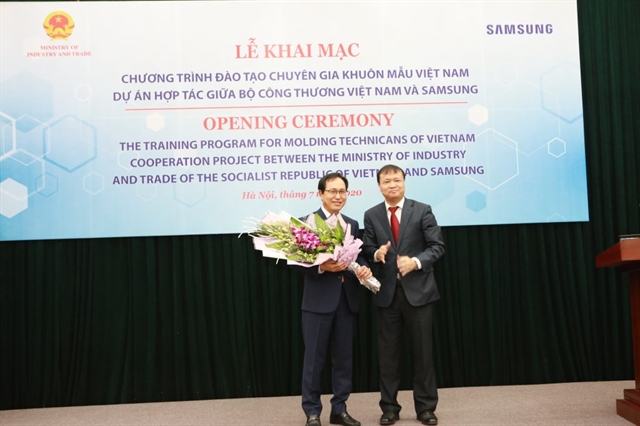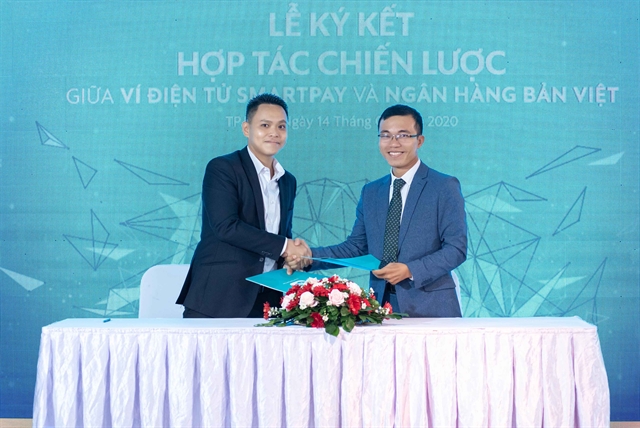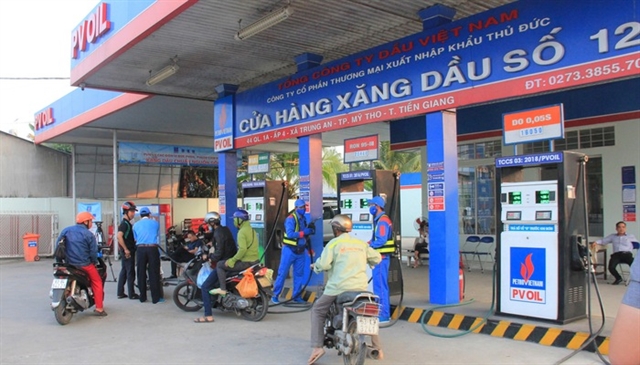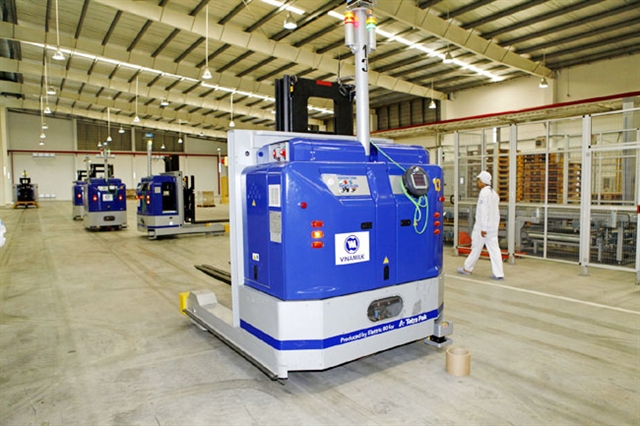
HÀ NỘI — Việt Nam would have difficulty achieving the goal of having 5,000 science and technology enterprises this year under the 2011-20 science and technology development strategy.
The Ministry of Science and Technology has proposed many solutions to reach this goal, including the Decree 13/2019/NĐ-CP on developing science and technology enterprises effective from March 20, 2019 with better incentives and opened mechanisms.
It has also improved policies and institutions, including amendments of some laws on investment, enterprises and corporate income tax and regulations supporting incubation and development of science and technology enterprises.
The system of mechanisms, policies and regulations on development of science and technology, and creative innovation is synchronised to ensure efficiency in supporting the development of science and technology enterprises and using results of State-invested research on science and technology.
However, Việt Nam now has about 500 science and technology enterprises, reaching 10 per cent of the target.
The ministry has found many barriers to having 5,000 science and technology firms this year.
Phạm Đức Nghiệm, deputy director of the ministry’s Department for Development of Market and Science and Technology Enterprises, said that the number of enterprises interested in science and technology is not high and programmes as well as disbursement of capital for the development of science and technology firms are also limited.
Recently, the ministry has reformed mechanism on investment to create more favourable conditions for businesses in becoming science and technology firms but they still need to renew themselves, Nghiệm said.
Science and Technology deputy minister Bùi Thế Duy said the failure to achieve this goal firstly is the responsibility of the science and technology ministry because its communication on the target is limited.
"The ministry has not cooperated with media agencies to encourage development for science and technology enterprises as well as incentives for those enterprises," Duy told the Voice of Việt Nam.
Meanwhile, Nguyễn Hồng Phong, general director of the Tiến Nông Agriculture Joint Stock Company, one of the first science and technology companies in Thanh Hóa Province, said it has had a difficult beginning to be recognised as a science and technology company.
Since its establishment in 1995, the enterprise has identified science and technology as a foundation for its development and built a research and development (R&D) centre with modern equipment and technology.
With this R&D centre, the company has implemented many research projects to produce high-quality farming products to increase its revenue and output in farmers’ production.
However, to become a science and technology company is not easy, especially for small and medium sized enterprises like the Tiến Nông, according to Phong. The State has many incentives to support the development of science and technology companies such as tax, land and credit, but whether they receive these incentives or not is another issue.
Besides that, Lưu Hải Minh, chairman of the Nhật Hải New Technology Joint Stock Company with a certificated science and technology enterprise, said the right of using a State-invested scientific and technological research project has the same value as land use rights.
An enterprise could mortgage its land use right to get loans for development but is not permitted to mortgage the use right of State-invested scientific and technological research to have capital for producing new products, he said. — VNS
















.jpg)














